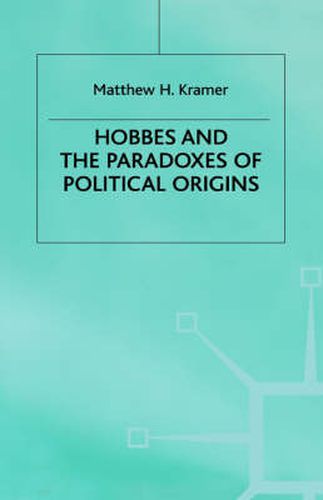Readings Newsletter
Become a Readings Member to make your shopping experience even easier.
Sign in or sign up for free!
You’re not far away from qualifying for FREE standard shipping within Australia
You’ve qualified for FREE standard shipping within Australia
The cart is loading…






This title is printed to order. This book may have been self-published. If so, we cannot guarantee the quality of the content. In the main most books will have gone through the editing process however some may not. We therefore suggest that you be aware of this before ordering this book. If in doubt check either the author or publisher’s details as we are unable to accept any returns unless they are faulty. Please contact us if you have any questions.
This book expounds an analytical method that focuses on paradoxes - a method originally associated with deconstructive philosophy, but bearing little resemblance to the interpretive techniques that have come to be designated as ‘deconstruction’ in literary studies. The book then applies its paradox-focused method as it undertakes a sustained investigation of Thomas Hobbe’s political philosophy. Hobbes’s theory of the advent and purpose of government turns out to reveal the impossibility of the very developments which it portrays as indispensable.
$9.00 standard shipping within Australia
FREE standard shipping within Australia for orders over $100.00
Express & International shipping calculated at checkout
This title is printed to order. This book may have been self-published. If so, we cannot guarantee the quality of the content. In the main most books will have gone through the editing process however some may not. We therefore suggest that you be aware of this before ordering this book. If in doubt check either the author or publisher’s details as we are unable to accept any returns unless they are faulty. Please contact us if you have any questions.
This book expounds an analytical method that focuses on paradoxes - a method originally associated with deconstructive philosophy, but bearing little resemblance to the interpretive techniques that have come to be designated as ‘deconstruction’ in literary studies. The book then applies its paradox-focused method as it undertakes a sustained investigation of Thomas Hobbe’s political philosophy. Hobbes’s theory of the advent and purpose of government turns out to reveal the impossibility of the very developments which it portrays as indispensable.